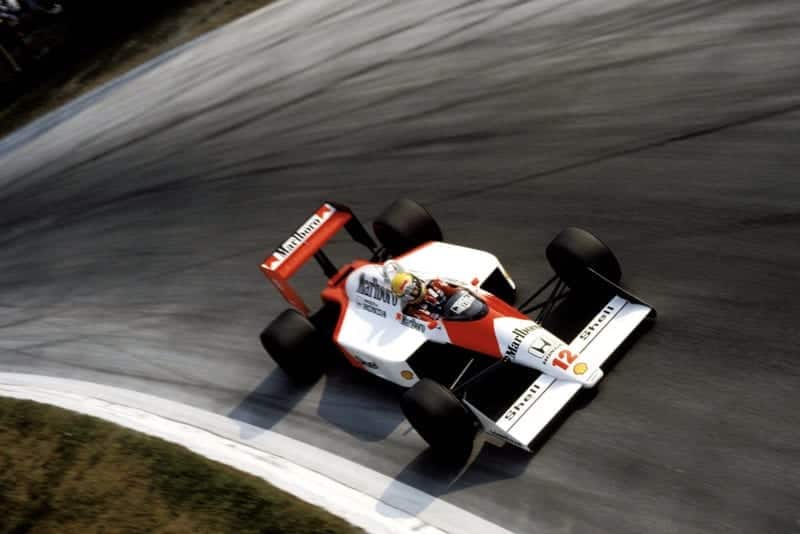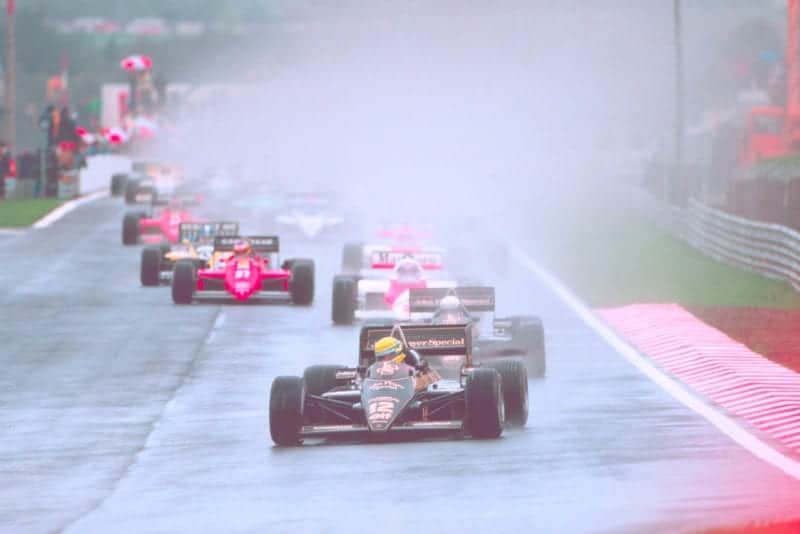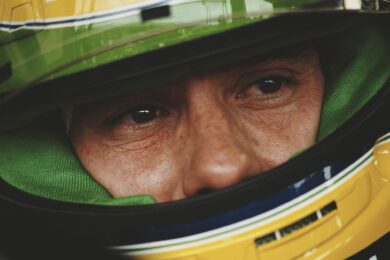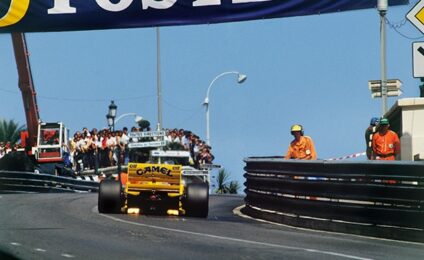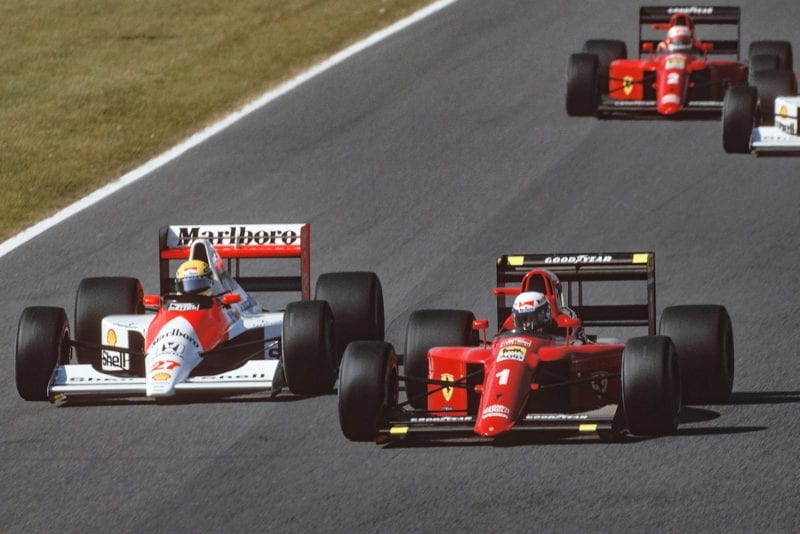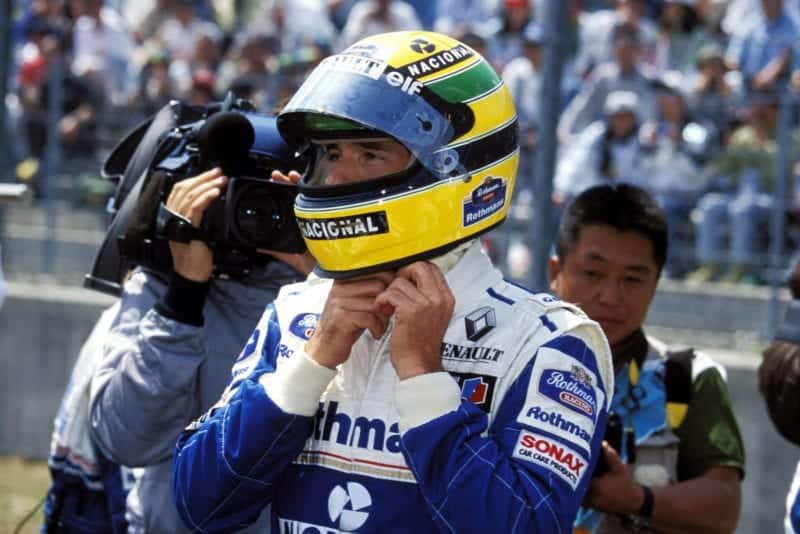The pair took the MP4/4 to race victory in 15 of the 16 races in 1988, as the Brazilian took his first world championship crown by three points from his team-mate.
His qualifying performances were dominant, and though Prost would focus on the race, it is no doubt due to the sheer speed of his rival on a Saturday, leaving such an insurmountable target to clear ahead of the race.
Prost admitted as much to Motor Sport, the speed of Senna was too much of a deficit to hope to make up and required a different approach altogether: to give up and focus elsewhere.
“That was his strong point. If he had one, that was it. I’ll be honest: several times what he managed in qualifying surprised me. Astonished me, sometimes. In the race, he never impressed me. But in qualifying, yes.”
To compel a driver such as Prost to simply give up and to admit (privately) that Senna was just quicker, speaks to just how perfect a driver needed to be to have any hope of competing.
This was never as clear as in Monte-Carlo. A circuit that demanded the utmost respect from a driver, Senna gave it every ounce and made it look like his playground anyway.
His qualifying lap at Monaco in ’88 is still heralded as one of the finest laps ever driven around the streets, and the man himself explained to Jenks in August of 1990 that he didn’t fully understand the level he reached that day.
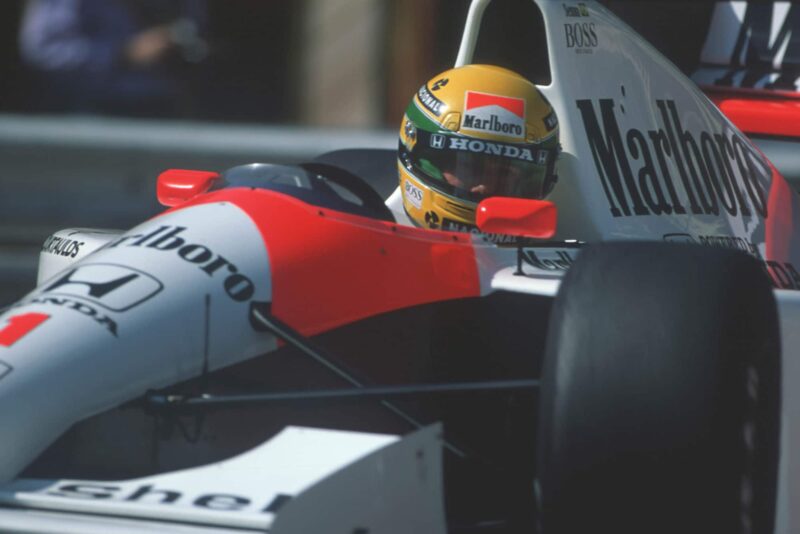
Senna focuses in during qualifying
DPPI
“I felt that the circuit was no longer really a circuit, just a tunnel of Armco. But in such a way that suddenly I realised that I was over the level that I considered… reasonable.
“There was no margin whatsoever, in anything.
